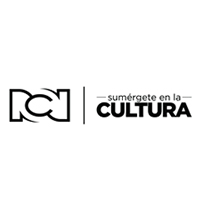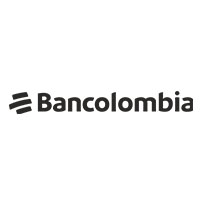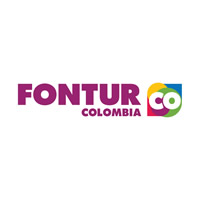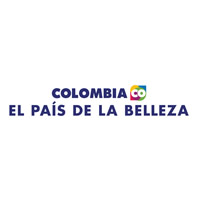Michael Jacobs Grant for travel reporters
I think every good travel book should be the product of an internal need and often of an unexpected intuition. Michael Jacobs
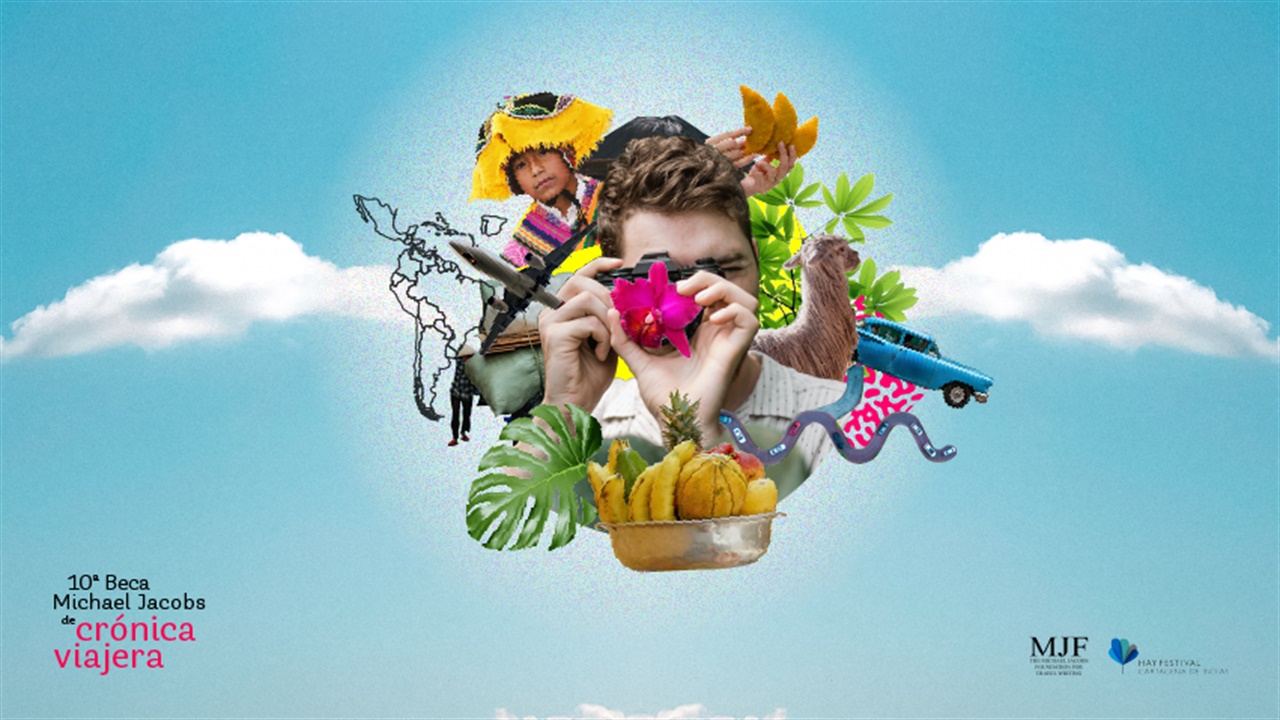
In 2014, after the death of Michael Jacobs, the Gabo Foundation and the Hay Festival Cartagena de Indias took the initiative to organize the Michael Jacobs Scholarship for travel chronicles. This year, commemorating 10 years since the death of the English writer, a new edition of the call opens, which is financed by the Michael Jacobs Foundation for Travel Writing, a non-profit organization created by the widow and brother of Michael in order to honor his legacy and promote travel writing in Spain and Latin America.
Apply for free here
The scholarship, which reaches its tenth edition with the purpose of encouraging travel writing, will award $10,000 for a travel book or article project about Latin America or Spain, to be published in Spanish or English.
The jury, which this year includes two new members, will take into account the narrative quality and journalistic depth of the projects when choosing the winner. For Michael Jacobs, travel journalism went beyond simple anecdotal experience and that is why works capable of awakening the five senses and opening the mind of any reader are sought.
The official announcement of the winner will be made at the Hay Festival Cartagena de Indias 2024, which will take place from January 25 to 28.
What the winner receives
The sum of $10,000 as an incentive to finance the research and writing of your article or book. The amount includes the taxes that must be paid by the beneficiary and the convening institutions. The scholarship will be awarded as follows: half ($5,000) when the winner is announced and the second half ($5,000) when the project is completed and delivered to the publisher for publication.
The winner will be invited to participate as a jury for the next edition of the Michael Jacobs Travel Chronicle Scholarship.
Requirements to apply
- Journalists or writers of any nationality may apply, as long as their work addresses travel journalism in Latin America or Spain in Spanish or English.
- An autobiography of maximum 800 words (in Spanish or English) describing your experience as a travel journalist and your motivation for applying for the scholarship. Conventional resumes or resumes will not be taken into account.
- A detailed presentation of the project (article or book) including: project description, work schedule, and planned travel itinerary. The article or book must be written in Spanish or English. The project does not necessarily have to be finished, since the scholarship seeks to strengthen an ongoing project, but they must send at least a fragment of the work, since the jury must evaluate the author's narrative capacity.
- A text published by the author in a printed or digital medium. The candidate must have at least one published article or book at the time of submitting the application.
Important: only online registrations made through the registration form on the Gabo Foundation website will be valid until Friday , December 15, 2023, at 11:59 pm (Colombian time).
Juries
Teresita Goyeneche (Colombia)
She is a chronicler and writer. She has worked in organizations such as Fundación Leo Espinosa, Fundación Gabo and Mutante, and has written for media such as El Malpensante, Vice en español and El Espectador. She is an internationalist from Universidad del Norte, has a master's degree in creative nonfiction writing from Columbia University, and is currently a doctoral student at the City University of New York. She is currently a professor at Hunter college.
In 2017, Teresita was a finalist for the journalistic excellence awards of the Inter-American Press Association (IAPA) in the Chronicle category and in 2022 she received recognition from the jury of the Simón Bolívar National Journalism Award for the travel chronicle "Volver." She is the author of the book 'The Personality of Pelicans' (2022).
Mar Abad (Spain)
She is a journalist and writer. She is editorial director and co-founder of the podcast label El Extraordinario. She is the author of 'Romanones, a zarzuela of power in 37 acts' (KO Books), 'Old but modern' (KO Books), 'The illustrated folletín' (Lunwerg) and 'De estraperlo a postureo' (Larousse).
He has received the following recognitions: Archiletras de la Lengua Award 2022, ForoTransvierte Journalism Award for scientific and technological communication 2022, Don Quijote Journalism Award 2020, Miguel Delibes Award 2019, Colombine International Journalism Award 2018 and Accenture Journalism Award 2017 in the innovation category.
Abraham Jiménez Enoa (Cuba)
Cuban journalist. He has published reports and opinion columns in The New York Times, BBC World, Al Jazeera, Vice News, Gatopardo and Univisión, among other international media outlets. He is the author of the journalistic book The Hidden Island (2023), a collection of chronicles from the last five years of Cuba. His chronicle “The Hunter” was included in Cuba in La Encrucijada, an anthology published in Spanish by Debate and in English by HarperCollins. Jiménez Enoa graduated as a journalist from the Faculty of Communication at the University of Havana and co-founded El Estornudo, the first Cuban online magazine dedicated to narrative journalism.
Jon Lee Anderson (United States)
He began as a journalist in Peru in 1979 as a member of the weekly The Lima Times and has since specialized in Latin American political issues and modern conflicts, including those in Afghanistan and Iraq. He has developed a school in how to write profiles, having done those of important world figures such as Fidel Castro, Gabriel García Márquez, Augusto Pinochet, King Juan Carlos I of Spain and Hugo Chávez. He has published the books: Che Guevara: A Revolutionary Life (1997), The Lion's Grave: Reports of War from Afghanistan (2002) and The Fall of Baghdad (2004), among others. He has also written articles for The New York Times, Financial Times, The Guardian, El País and Harper's Magazine.
Jon Lee Anderson won the María Moors Cabot Prize in 2013, awarded each year by Columbia University in New York. Since 2000 he has been a teacher at the Gabo Foundation and since 2014 a jury for the Michael Jacobs Travel Chronicle Scholarship.
Daniel Samper Pizano (Colombia)
At the age of 19 he began journalism in El Tiempo, a newspaper in which he later became a columnist. He holds a Doctor of Law from the Javeriana University of Bogotá, obtained a master's degree in Journalism from the University of Kansas and was a Nieman Fellow at Harvard University. In 1986 he was forced to go into exile in Spain. There he has been a correspondent, reporter, columnist and editor for the magazine Cambio 16 and a collaborator in numerous publications.
He is a journalism professor and frequent participant in courses and workshops. He is also a television scriptwriter, official biographer of the group Les Luthiers and member of the Colombian Academy of Language. He has published more than thirty books and obtained numerous awards for his journalistic work, including the Maria Moors Cabot, the King of Spain, the Simón Bolívar and the Madrid Press Association. Since 2014 he has served as a jury for the Michael Jacobs Travel Chronicle Scholarship.
About Michael Jacobs
“Travel writing can enrich our understanding of the world in a unique way. Having the potential to encompass so many different forms of writing, from autobiography to fiction, from journalism to history, it allows authors to explore ideas and disciplines with a freedom that would not be possible within a more academic context.”
This is how Michael Jacobs defined what was his great passion and to which he dedicated much of his life: travel writing. Jacobs was born in Italy in 1952, lived his youth in England and then traveled to different parts of the world and dedicated himself to researching and writing about Spain and Latin America, until he became considered a notable Hispanicist and passionate about Spanish culture.
Although he studied Art History at the Courtauld Institute, he decided to abandon his career to dedicate himself to writing. After writing several books on art, he published Andalusia, the first of the many books that he would dedicate to that region of Spain and the one he later chose to establish his residence, specifically in a small town in the province of Jaén called Frailes. . In The Factory of Light, Jacobs narrates what his first five years were like in that town of less than 2,000 inhabitants.
In 2003 he published Ghost Train Through the Andes, the story of his trip through Chile and Bolivia, recreating the love story of his grandparents, in the middle of a train trip through the Andes, the Antofagasta region. and Potosí.
But Michael Jacobs' charm for the Hispanic world was so great that the small town of Frailes became his Macondo, and perhaps that is why the day he met Gabo at a Hay Festival in Cartagena marked his life so much. who shared with him his memories of the Magdalena River, which Jacobs was obsessed with. That meeting with García Márquez motivated the Englishman to make a journey the following year along the most important river artery in Colombia, a trip that he recounted in The Thief of Memories, his latest book, where in addition to talking about the journey he makes a nostalgic remembrance of his relationship with his parents and his childhood.
Today Jacobs is a world reference when it comes to talking about travel journalism and his work is embedded in the canons of travel journalism. Michael Jacobs passed away in London on January 11, 2014, leaving behind an unrivaled and evocative legacy.
